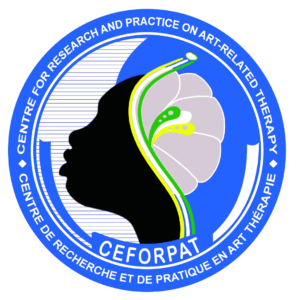The Paradox of Independence and Cultural Assertion: A Eurocentric Analysis of John Nkemngong Nkengasong’s God Was African. Get the full PDF
Anueye-Apeneh Vanisa Peke, Njong Divine, & Adamu Pangmeshi …..….…93-109
This paper sets out to prove that the situation in independent Africa is paradoxical, as illustrated by John Nkemngong Nkengasong in God Was African. The work is undertaken because, in a dynamic where migration is unavoidable, social relations are constrained by numerous differences and practices still practised, which were hoped to have been abolished at independence like slavery and slave trade, racism and inequality of races. John Nkemngong Nkengasong focuses on the postcolonial era where migration has made it inevitable for the once colonized people of Africa and their former colonizers to co-exist. Anxieties, tensions, crises and binary sentimentalities plague this co-existence. The work is based on the hypothesis that the characters depicted by John Nkemngong Nkengasong in God Was African are plagued by crises and binary sentimentalities which threaten their worth as a people and a race although these binaries were said to have been abolished. In this guise, they try to project their cherished values. The Post-Colonial Theory and Eurocentricism sheds light on the binary polarities between the two distinct races (the grand North and the grand South) that result in tensions and crises The findings revealed that independence did not bring equality in races as Europeans made Africans to believe. There still exist prejudiced behaviours practised by the colonisers on the once colonised.
.
Keywords:Eurocentricism, postcolonial, paradox, Migration, crises, culture, Assertion
